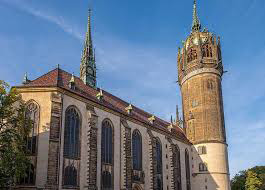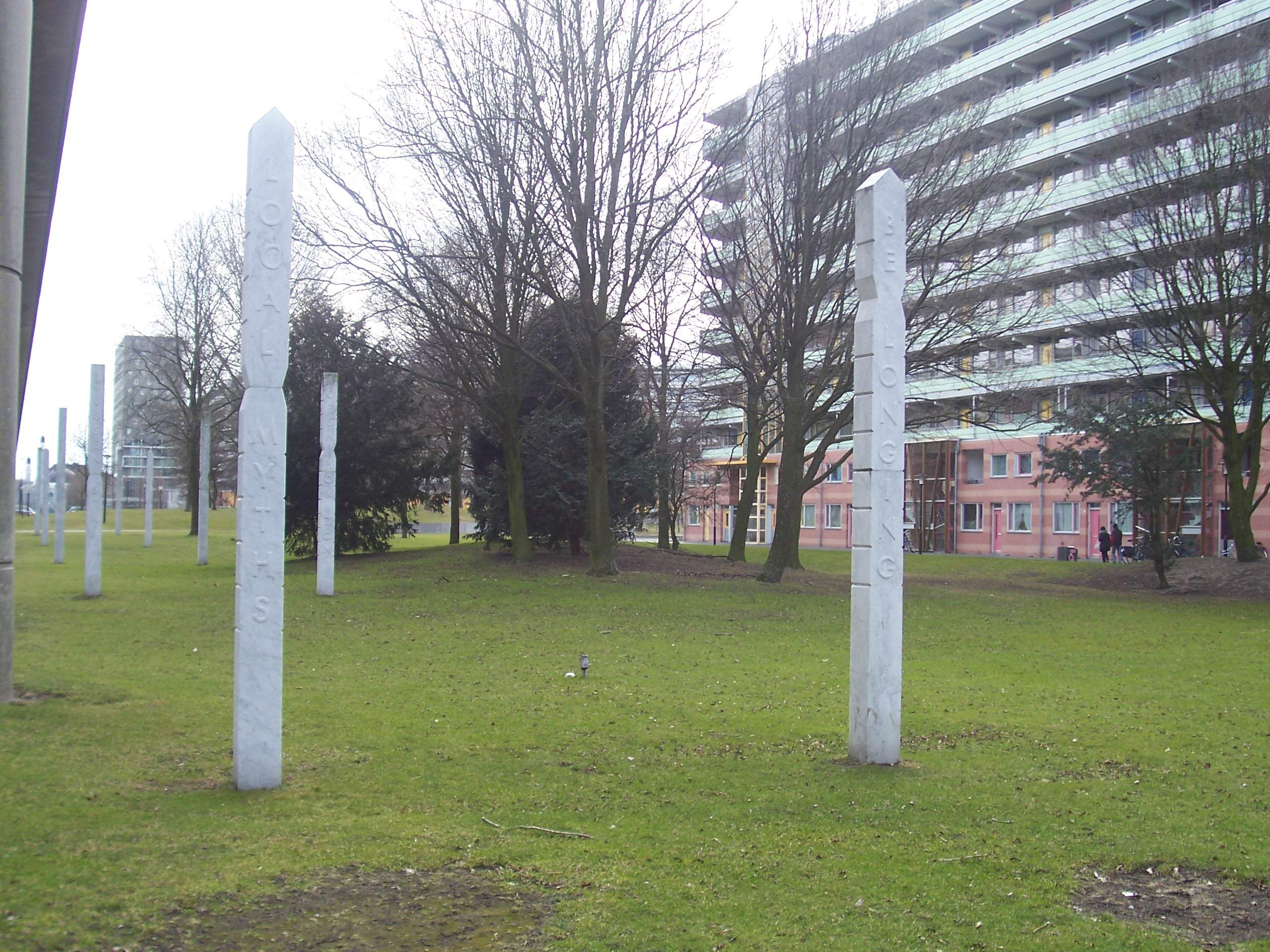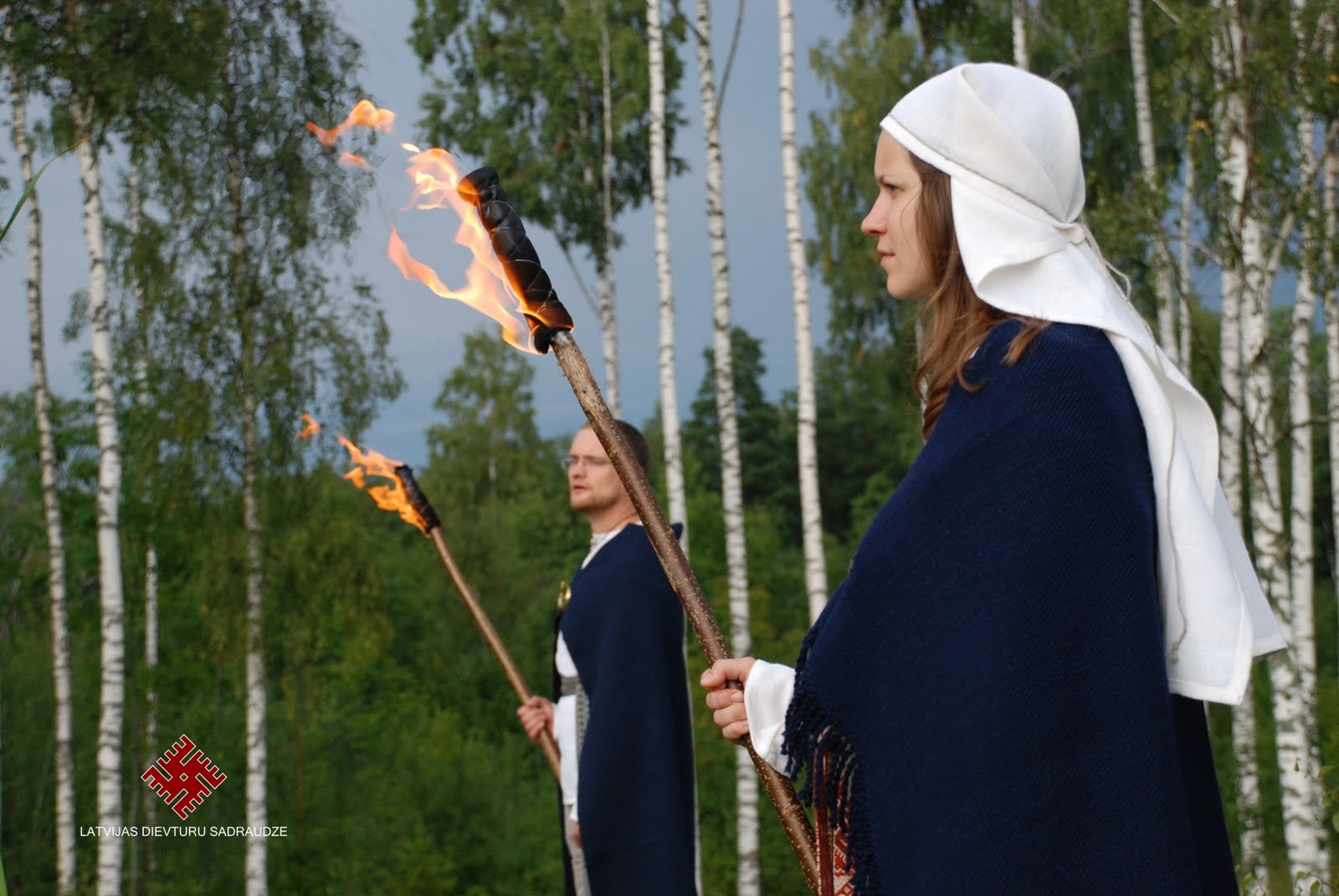
1) Christian women have become prominent social media influencers, and some are drawing large offline followings. Such is the case with Angela Halili and Arielle Reitsma and their popular show Girls Gone Bible. Launched in 2023 in the form of a weekly podcast show, it has since gained more than 20 million listens and nearly two million followers on Instagram and TikTok combined. While its title plays on the libertine Girls Gone Wild franchise, its message of sobriety, scripture reading, and chastity couldn’t be more different. Halili, 29, and Reitsma, 36, deal with topics covered on other women’s shows, such as “Lust and Deception,” “Overcoming an Eating Disorder,” and “What Men Look for in a Wife,” while peppering them with lengthy Bible readings and reflections.

Donald Trump is a fan of the virtuous yet stylish women, inviting them to give the prayer at his pre-inauguration victory rally. While Halili and Reitsma are cradle Catholics, their devotees relate to the worldly and secular lives they lived prior to conversion, as well as their lack of hypocrisy. Their redemption stories are similar to the comments listeners make: “I was lost, I was broken, and then I found God.” Critics charge that their call for women to submit to their husbands and their overt support for Trump and his policies will set back the feminist agenda for decades. But their message of healing—emotional and physical—and the permission they give to stivers to opt for a husband, a family, and a faith, are said to resonate with many Gen Z young women. (Source: The Free Press, October 17)

2) Relatively new to Europe, the Crossbearers follow the model of their American counterpart, known as Operation Reconquista, to revive the national Protestant churches of Europe. The American-based group is “specifically dedicated to reviving the Mainline Protestant denominations”—the Episcopal Church, the Presbyterian Church USA, the United Methodist Church, the Evangelical Lutheran Church in America (ELCA), the Reformed Church in America, the United Church of Christ, and the American Baptist Churches. The movement views itself as engaged in “spiritual warfare against demonic forces that have infiltrated our churches.” Their primary target audience is Generation Z (those born approximately between 1995 and 2010). While primarily American, the movement openly welcomes like-minded initiatives in other countries and networks with them. According to a podcast featuring Martin Petersen and Jorge Mario Monsalve Guaracao (a deacon-in-training in the Evangelical-Lutheran Church of Saxony and co-leader of the European Crossbearers), the movement’s fundamental critique is that Protestant churches are “deeply compromised by a pandemic of liberalism” and corrupted by the “lies” and “deceit of liberal theology.”
The reconquest strategy distinguishes between “orthodox,” “heretical,” and “moderate” congregations. Members are encouraged to identify and report “orthodox” (theologically correct) congregations, which are then marked on a map for networking purposes and as a starting point for fighting back and reconquering mainline denominations. Their motto is “revolution through communion,” aiming to create “a confessing church within a compromised church.” According to the European Crossbearers website, the shrinking of mainline Protestant churches in Europe offers “a historic opportunity to retake our Churches for the Gospel. The congregations that hold on to Christ will flourish; the congregations that forsake Christ will simply vanish.” Critical to the movement’s self-understanding are a newly formulated “95 Theses,” covering the nature of the church, the gospel, scriptural authority, word and sacrament, human nature, and secular authority. Sexual ethics occupy a significant space (Theses 68-83), with homosexuality viewed as morally deficient and transgender identity portrayed as unnatural and contrary to God’s order. Specific sets of theses have been prepared for different mainline churches. (Source: Zeitschrift für Religion und Weltanschauungsfragen, https://www.nomos-elibrary.de/de/journal/view/0721-2402; Operation Reconquista, https://www.operationreconquista.com; Crossbearers Europe, https://crossbearers.eu/en/; Echoing Wittenberg 2025, https://echoingwittenberg.de)
3) The planners of the Bijlmermeer, a housing district in southeast Amsterdam built in the 1960s, saw it as an idealistic city of the future based on the idea that secularism was a growing reality. But this “city of tomorrow” has been on an unsecular trajectory. Based on the ideas of the Swiss modernist architect Le Courbusier, over 30 large blocks of high-rise apartments, 10 stories high and 200 to 300 meters long, were laid out in a honeycomb pattern. No church buildings were planned in Bijlmermeer, since it was based on the premise that religion was dying out. By the 1980s and ’90s, the “Bijlmer” experiment was reported to be a failure, with its police chief saying it had become rife with crime, drugs, unemployment and illegal immigrants. Twenty years later, the Bijlmermeer has seen its migrant communities, with many Christian believers, rejuvenate the district. About 150 Christian fellowships have emerged over the years, meeting in available social spaces–from parking garages to recently built church sanctuaries. A four-story complex known as De Kandelaar reflects the multicultural character of the neighborhood, serving 15 migrant churches. (Source: Evangelical Focus, October 20)

4) Dievturība was granted the coveted status of a “traditional religion” in Latvia on October 9. “The Dievturi Community Law goes beyond what other states have done with regard to their neopagan communities,” according to UK-based historian and folklorist Francis Young. Efforts by neopagan groups in the Baltic have been reported in earlier issues of RW (January 2024, December 2024). In Lithuania, Romuva was granted state recognition in December 2024. But receiving recognition as a “traditional religion” takes Dievturība to a higher level. The law, passed with 63 votes in favor, 7 against, and 2 abstentions, states that Dievturība has “maintained a longstanding presence in Latvia,” and that “it is faithful to spiritual and moral values, nurtures the Latvian language and traditions, and preserves the nation’s spiritual heritage.” The name, sacred sites, shrines, and ritual objects will be protected, and it will be allowed to provide spiritual services in military, medical, and correctional institutions.

The movement was founded in 1925 as the “systematized contemporary continuation of the ancient Latvian religion.” It was a founding member of the European Congress of Ethnic Religions (ECER) in 1998. The number of active participants in neopagan movements in the Baltic states probably remains in the low thousands, but they are mostly interested “in acceptance and cultural influence.” “In Latvia and Lithuania neopagan religious revivalism is intimately tied to folklore, folk song and folk dance, as well as to set-piece semi-ritualized performances of national identity.” (Source: “Pagan dawn: Europe’s first pagan state religion in 638 years? https://drfrancisyoung.com/2025/10/10/pagan-dawn-europes-first-pagan-state-religion-in-638-years/; Dievturība, https://dievturi.lv/)